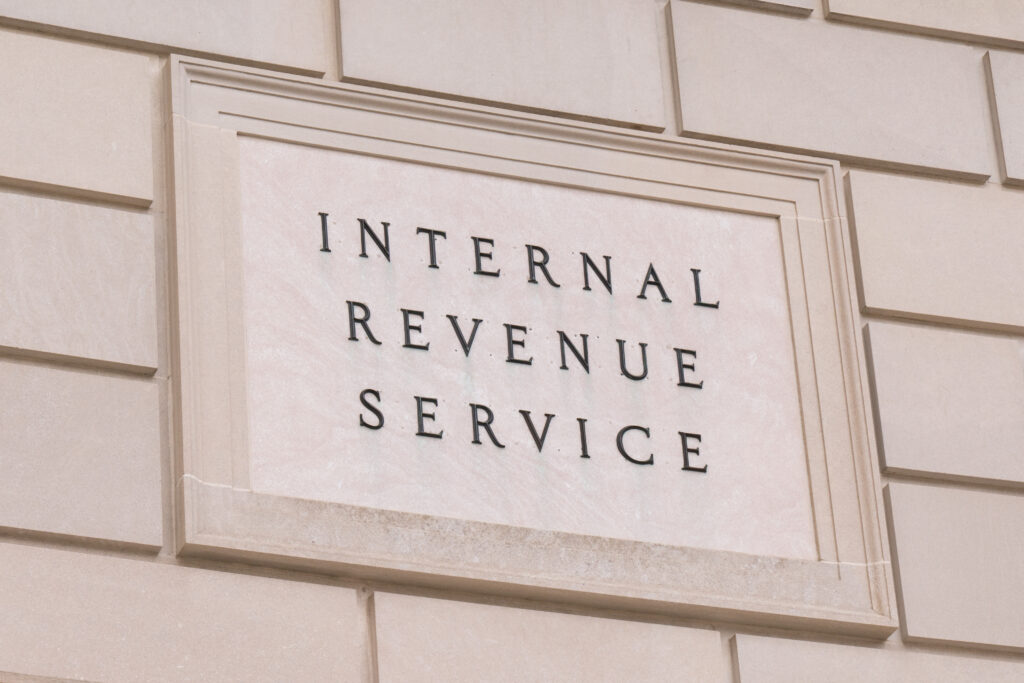In a recent conversation, a friend who is not a client shared a strategic decision he had made at the recommendation of his financial advisor: transferring his rental properties into an irrevocable trust for the benefit of his children, aiming to leverage their potentially lower tax rates for rental income. This tactical move seemed shrewd, or so he thought. With the emergence of a new Internal Revenue Service (IRS) ruling, he is now reevaluating his decision.
This IRS clarification arrives in the form of Revenue Ruling 2023-2, shedding light on a topic that has stirred debate – the eligibility of assets gifted within an irrevocable trust to receive a step-up in basis upon the grantor’s passing. The implications of this ruling resonate deeply within the financial sector, impacting practitioners and their clients alike.
The Complex World of Trust Asset Basis Adjustment
Within the spheres of estate planning and wealth management, the treatment of trust asset basis adjustment has been marked by differing viewpoints and interpretations. Revenue Ruling 2023-2 emerges as a guiding light, specifically addressing the intricacies of assets held within a grantor trust that were not considered part of the decedent’s gross estate for federal estate tax purposes.
Breaking Down the Ruling: Facts and Analysis
The ruling’s genesis lies in a case where a decedent established an irrevocable trust and funded it with assets classified as a completed gift under gift tax regulations. While the decedent remained the owner for income tax purposes due to their power over the trust under IRC Section 671-679, these assets were not integrated into the decedent’s gross estate for estate tax purposes. When the decedent passed away, the trust assets had appreciated in value.
According to IRC Section 1014(a)(1), the basis of property acquired from or passed from a decedent is typically its fair market value at the date of the decedent’s death. However, IRC Section 1014(b) outlines seven distinct types of property that are eligible for basis adjustment. These categories encompass property bequeathed, property associated with the decedent’s powers of revocation or amendment, and other delineated scenarios.
The IRS’s final determination, as stated in Revenue Ruling 2023-2, can be summarized in two key points. Firstly, the assets were ruled not to have been “bequeathed,” “devised,” or “inherited” in line with IRC Section 1014(b)(1), since the property hadn’t passed through a will or intestate succession. Secondly, the assets didn’t fit into any other categories listed in IRC Section 1014(b). Consequently, the assets within the grantor trust wouldn’t receive a basis adjustment under IRC Section 1014(a), thereby reaffirming that the basis would remain consistent with pre-decedent values.
Ramifications and Significance
This IRS ruling holds immense implications, putting to rest a debate that had spanned multiple years. Although some practitioners previously believed in certain exceptions allowing for basis adjustments, Revenue Ruling 2023-2 unequivocally establishes that assets within a grantor trust, without integration into the decedent’s gross estate, don’t qualify for a basis adjustment under IRC Section 1014(a). This ruling effectively brings closure to a matter that had been on the IRS’s priority guidance plan since 2015.
The effects of this ruling reverberate through the realm of estate planning, notably influencing strategies tied to “defective grantor trusts.” The previously held assumption that such trusts might enjoy basis step-ups under specific exemptions has been debunked. This ruling effectively clarifies that assets housed within a defective grantor trust, even if acquired due to a decedent’s passing, aren’t eligible for IRC Section 1014(a) basis adjustment.
Consider the Consequences: Hypothetical Scenario
To better grasp the nuances, let’s imagine a scenario. My friend’s rental properties, worth $1 million at the time of transfer, appreciate over the years to $4 million at the time of his passing. Under his previous assumption of a step-up in basis, his children would inherit these properties with a tax basis of $4 million. Selling the properties for this amount would entail no capital gains tax. However, under the implications of the new IRS ruling, the original acquisition cost of $1 million would remain as the basis. Selling at $4 million would trigger substantial capital gains tax, substantially reducing the net proceeds.
Exploring an Alternative Path: Unwinding the Trust
Let’s consider an alternate path. Instead of gifting the property, he could have opted to retain ownership until his passing. In this scenario, the property would indeed receive a step-up in basis, reflecting its value at the time of your death. As a result, if his heirs decide to sell the property immediately, the capital gains tax could be significantly minimized or even eliminated, as the sales price would align closely with the stepped-up basis. He is now considering whether he can unwind the irrevocable trust, not an easy task. But in this hypothetical, the tax consequences to his heirs could easily exceed $1 million.
Conclusion: Charting a Thoughtful Path Forward
At EsqWealth, we hold the belief that staying abreast of changes in tax regulations is vital for securing your financial future. In essence, Revenue Ruling 2023-2 cements the IRS’s position on basis adjustments for assets within grantor trusts, providing lucidity in a multifaceted realm of tax planning. As the landscape evolves, the importance of staying informed and seeking expert guidance remains pivotal in deftly navigating these intricacies. It’s worth considering whether you’ve gifted assets under the assumption of an impending basis step-up upon your passing, and assessing whether recalibrations or amendments are now prudent. Rest assured, at EsqWealth, we’re poised to assist you in charting a thoughtful financial path forward amidst these evolving dynamics.






